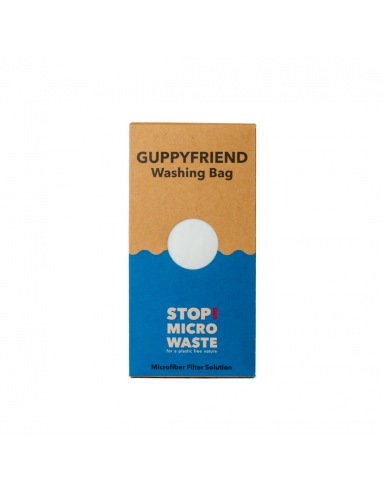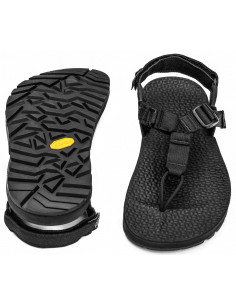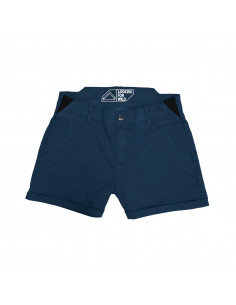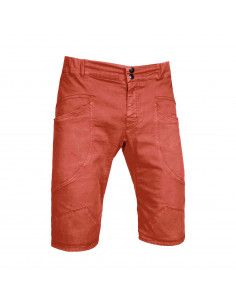THE PROBLEM
Microfibers released from washing harm the environment. With each wash, countless plastic fibers from synthetic textiles are making their way from washing machines into rivers and oceans.
Why is the filter not directly applied to the washing machine?
The microfibers are so tiny that they would block the filters immediately, literally within seconds. The pressure of the water would also push the fibers through the mesh and the filter would have to be changed constantly. We have a working prototype and there are others working on it too, but it will still take some time until these filters work effectively and are widely available on the market. Until than Guppyfriend will do its job.
WHO TESTED THE BAG?
The bag was tested for a period of three years by scientific institutes, universities, retailers and representatives of the outdoor- and fashion industry. These tests serve as a basis for offering the Guppyfriend Washing Bag to their clients as a temporary solution for micro plastic pollution. Mainly, we have tested the Washing Bag with the following scientific and independent institutes: German Textile Research Institute, DTNW Fraunhofer Institut UMSICHT, University of California in Santa Barbara as part of a Patagonia research program.
WHAT ARE THE RESULTS
The Guppyfriend washing bag reduces fiber loss during washing in two ways:
- The Guppyfriend Washing Bag reduces the amount of breaking fibers significantly. The Fraunhofer Institute UMSICHT has confirmed an average amount of a) 79% for partly synthetic clothes, and b) 86% from completely synthetic textiles. The lifetime of the apparel is extended.
- Fibrous residues and lints caused by washing are retained by the Guppyfriend Washing Bag and therefore do not pollute the wastewater. The determined fiber retention capacity in all test was above 90%, -mostly close to 100%. Nanoparticles, like production residues, often found on cheaper textiles can not be hold back by the Guppyfriend Washing Bag.
What do I have to consider when using the Guppyfriend washing bag?
Fill up to ⅔ – the textiles need to move inside the bag. Wash the filled washing bag together with lose textiles. Wash max. at 40 ° C / 104° F/ warm. Use detergents without plastic liquids, for example abrasives, binding and film-forming agents, rubber and silicones, opacifiers, acrylates and cross-polymers. Remove coarse dirt and animal hair before washing. Do not rinse under running water. Avoid sharp items. Do not iron - the wrinkled surface is not a problem. Do not use tumble dry. Do not dry in direct sunlight. Always slide the zipper into the designated “garage” at the end of the zipper.
What kind of apparel needs to go to Guppyfriend washing bag?
Every textile loses microfibers, but it is the synthetic materials (polyester, acrylic, nylon, etc.) that shed the harmful fibers. Most apparel contains synthetic fibers to some degree (unfortunately, sometimes it is not stated on the label).
You can also put pure cotton and wool inside the bag. Textiles from natural materials also lose fibers. The bag reduces fiber breakage, thus protects your garments and reduces wear and tear. You’ll enjoy your clothes for much longer – another sustainability benefit of the Guppfriend Washing Bag.















